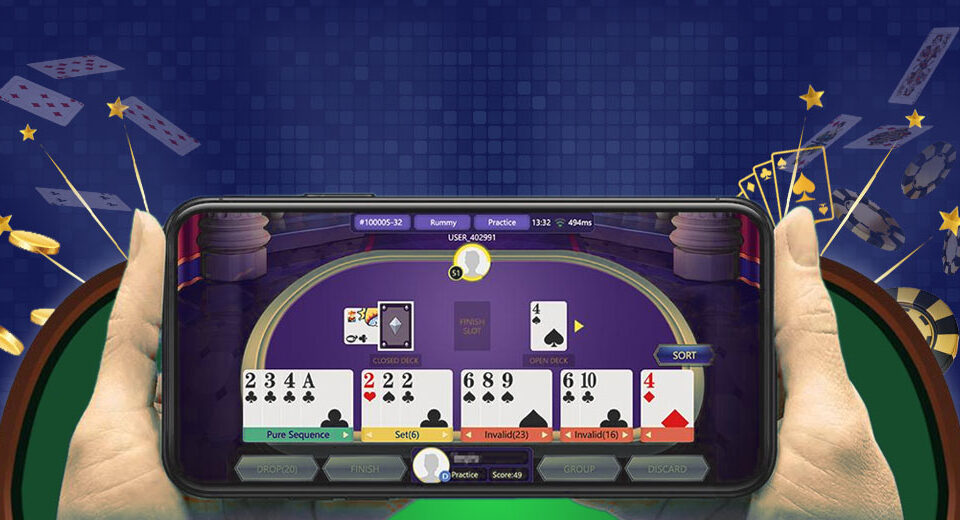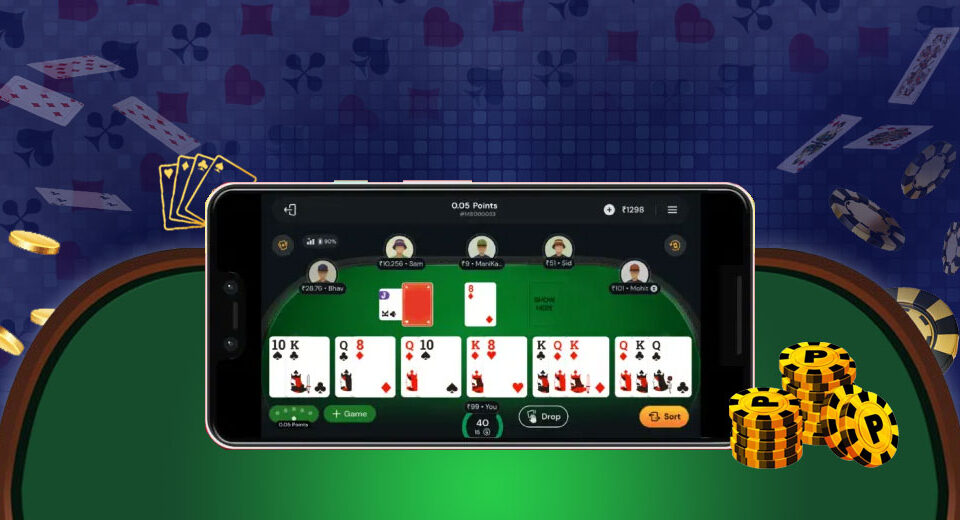Mastering Split Attention During Multiple Deals
In IndianRummy, especially in environments where multiple deals run back-to-back or in parallel during tournaments or intense sessions, mastering split attention becomes a vital skill. Managing more than one deal demands more than multitasking - it calls for structured thinking, fast evaluation, and an ability to retain card positions mentally across several rounds. While each deal is unique in its flow, strategic decisions in one deal must not come at the cost of focus in another. For players looking to level up, learning how to stay sharp and balanced across deals is a game-changing skill in the online rummy game landscape.
Sharpen Your Visual Memory
One of the key elements of handling multiple deals is building a strong visual memory. You need to quickly scan, memorise, and mentally note important aspects of each hand - like existing melds, potential joker uses, and risky discards. By doing this, you avoid rechecking the same details repeatedly and save precious seconds. Visual memory also helps in tracking your progress per deal. Especially in IndianRummy, where sequence management is critical, a firm mental map of your hand allows you to shift between deals without losing track of priorities.
Establish a Mental Order of Priority
All deals are not equal. Some will be closer to declaration, while others may be in the early stages. Identifying which hand needs urgent attention helps you allocate your mental energy effectively. If one deal is just a card or two away from a valid show, it deserves focus. On the other hand, if another is in the build-up phase, it can be revisited after key decisions are made elsewhere. Developing this internal hierarchy allows you to reduce distractions and move fluidly between games without hesitation.
Avoid Overcommitting to a Single Hand
Players often get emotionally attached to one promising hand and neglect the others. This is a critical mistake when playing multiple deals. Even if a hand seems close to completion, you should not ignore your other tables. Momentum in Indian rummy card game can shift in seconds - an opponent’s discard or a fresh draw can change everything. Maintain a balanced watch on each hand and trust your earlier assessments. Don’t linger on one deal for too long unless it’s nearing the finish line.
Synchronise Quick Moves with Safe Discards
When you’re operating across deals, you won’t have the luxury to think deeply about every discard. That’s why developing a habit of default-safe discards is essential. Low-value standalone cards or isolated mid-rank cards often work best for this. When your attention is split, you need to rely on instinctive plays that don’t hurt you if misjudged. These default moves allow you to keep all deals progressing, even when under time pressure or mental fatigue.
Use Dead Time Efficiently
In between waiting for other players’ moves, use that time to glance at your other ongoing deals. This 'dead time' is often wasted but can become a critical asset. A quick peek allows you to assess card placements, check for possible melds, and plan your next two to three steps. In Indian rummy online, many seasoned players win not just through gameplay but through better time utilisation across concurrent games.
Train Your Focus Recovery
Distractions are inevitable when juggling multiple deals. A message, a misclick, or just mental drift can pull you away momentarily. The real skill lies in quickly recovering your focus. You must train yourself to re-centre your thoughts and immediately recall key facts about the deal you return to - such as pending sequences, opponents' discards, and potential threats. Practice helps improve this cognitive rebound, letting you stay in control even during minor interruptions.
Monitor Opponent Patterns with Peripheral Awareness
While your focus is on your hand, it’s important to develop peripheral awareness of your opponents’ patterns in each deal. What are they discarding? Are they picking from the open deck? These clues, even if observed briefly, provide tactical advantages. The more you train your attention to pick up secondary information without losing primary focus, the better your multitasking performance becomes. This layered awareness is what separates top-tier players in multi-deal scenarios.
Pace Yourself to Avoid Burnout
It’s tempting to rush when playing multiple deals, especially in high-speed formats. But over-speeding can lead to careless mistakes. Instead, focus on pacing your thought process. Breathe between moves, stretch during waiting periods, and avoid locking your attention too tightly on one hand. Sustained calm is a crucial element of handling multiple IndianRummy deals. When you slow down internally, even rapid gameplay feels manageable.
Conclusion: Split attention in rummy isn’t division - it’s multiplication of focus done right.
Mastering split attention during multiple deals is not simply about doing several things at once - it’s about doing each thing with clarity and balance. From building mental structures and prioritising actions to smart discards and focused recoveries, it’s a set of layered skills that evolves over time. With the right practice and discipline, players can not only handle but excel in complex multi-deal settings, giving them a strategic edge in both casual games and competitive formats.




